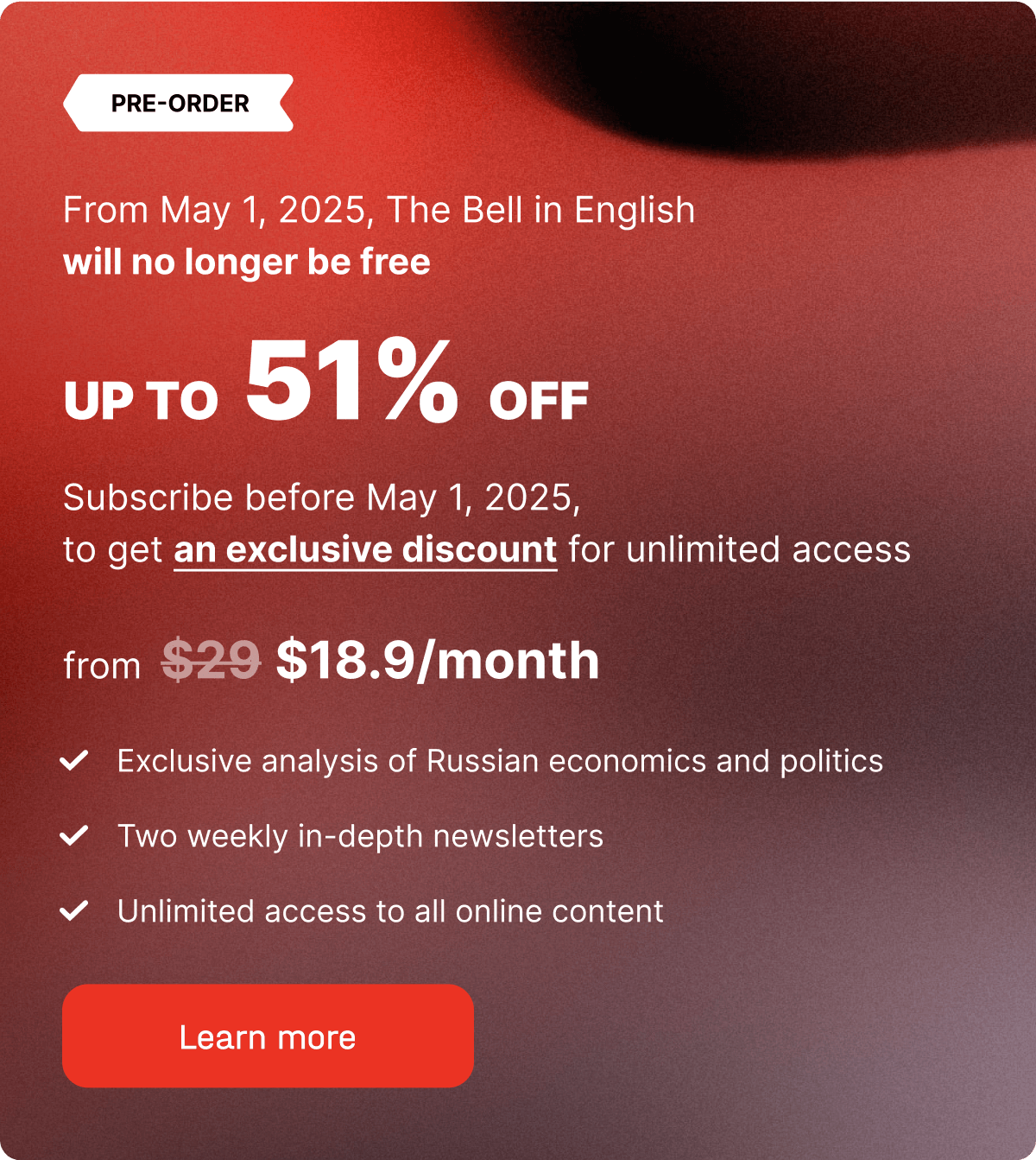
Putin and Biden hold talks as markets shrug off invasion fears

Two hours of talks between Russian President Vladimir Putin and his U.S. counterpart Joe Biden on Tuesday appeared to satisfy the Kremlin. Russian markets took a neutral view of the discussions, remaining unconvinced about the prospect of a direct military conflict with Ukraine.
- The White House was first to issue a press release after the video summit between Biden and Putin. “President Biden voiced the deep concerns of the United States and our European Allies about Russia’s escalation of forces surrounding Ukraine and made clear that the U.S. and our Allies would respond with strong economic and other measures in the event of military escalation,” the statement read.
- The Kremlin’s press release was more informative. It noted how the two presidents agreed on “the importance of consistent progress in implementing the agreements reached at the highest level… In this context, the presidents recalled the fact that the two countries were allies during World War II. They emphasised the need to remember the sacrifices made at that time, while this allied relationship must set an example for establishing contacts and working together in today’s reality.”
- According to the Kremlin version, when Putin spoke about Kyiv’s “destructive nature” and its “provocations”, Biden responded with a comment about the “threatening movements of Russian troops close to the Ukrainian border” and warned of possible sanctions. Putin apparently objected, saying it was NATO “that was undertaking dangerous attempts to gain a foothold on Ukrainian territory”.
- Russia is eager to secure legally binding guarantees to prevent NATO from expanding eastward, Putin told Biden. But Biden did not offer any promises about NATO expansion, nor about Ukraine’s membership of the alliance, according to Deputy Secretary of State Victoria Nuland and National Security Advisor Jake Sullivan. Sullivan said that the U.S. president warned of sanctions, saying “things that we did not do in 2014, we are prepared to do now” while Nuland promised an invasion of Ukraine would see Russia cut off from the global financial system and bring a halt to the launch of natural gas pipeline Nordstream 2.
- State department chief Anthony Blinken warned of tougher sanctions last week in the build-up to talks with Russian Foreign Minister Sergei Lavrov. The day before Putin and Biden’s conversation, sources told CNN that these sanctions could include blocking Russia from the SWIFT payment system and banning foreigners from participating in the secondary market for Russian bonds. However, the market remains unconvinced that these sanctions would happen. Such sanctions are only possible if Russia invades Ukraine and that scenario is unlikely, analysts believe.
- Russia’s Foreign Ministry said Thursday the peace process in Ukraine was “deadlocked” and warned of a possible repeat of the Cuban Missile Crisis. Later that evening, while Biden was talking to Ukrainian President Volodymyr Zelensky, Russian security services reported a Ukrainian vessel was “threatening safe navigation” through the Kerch Straits. But the incident did not lead to anything serious.
- “The authorities did not push matters forward. And that’s a positive signal,” said political analyst Alexei Makarkin of the Kerch Straits incident. However, Russia is unlikely to remove its troops from the Ukrainian border, according to international relations expert Vladimir Frolov. Their presence is the sole means of pressuring Biden, Frolov said, and it’s expensive to move troops and equipment around.
- Time is not on Moscow’s side. “In 2014, the Kremlin thought that the majority of the Ukrainian population was sympathetic to a pro-Russian position. There were hopes that ordinary people would rise up against a pro-Western policy. But it became clear that these people no longer exist as a majority group in Ukraine,” Makarkin said. “It’s important to get an agreement on paper now, while at least some of the Ukrainian population still has some support for the Russian position.”
- Nevertheless, Russia’s greatest wish – a guarantee NATO will not expand further eastward – is not something the U.S. can offer, according to Makarkin. Suitable compromises might include reaching agreement on the non-deployment of missiles or a ban on military exercises near Russian borders, Makarkin suggested.
Why the world should care: The big question is what happens if Russia and the West cannot reach a compromise. Neither side wishes to see war break out, but the longer tensions persist, the greater the risk they will escalate toward a crisis, according to Makarkin. “We’ve already seen this in the past – it’s how the First World War started. Balancing a situation without any clear rules is dangerous. The Kremlin understands this and is now trying to draw those lines,” he said.



PAID SUBSCRIPTION LAUNCH
From May 1, 2025, The Bell in English will no longer be free
From May 1, 2025, all The Bell’s newsletters and online content will be behind a paywall. We have taken this decision so that The Bell can remain financially independent, and maintain our high standards of journalism and economic expertise






